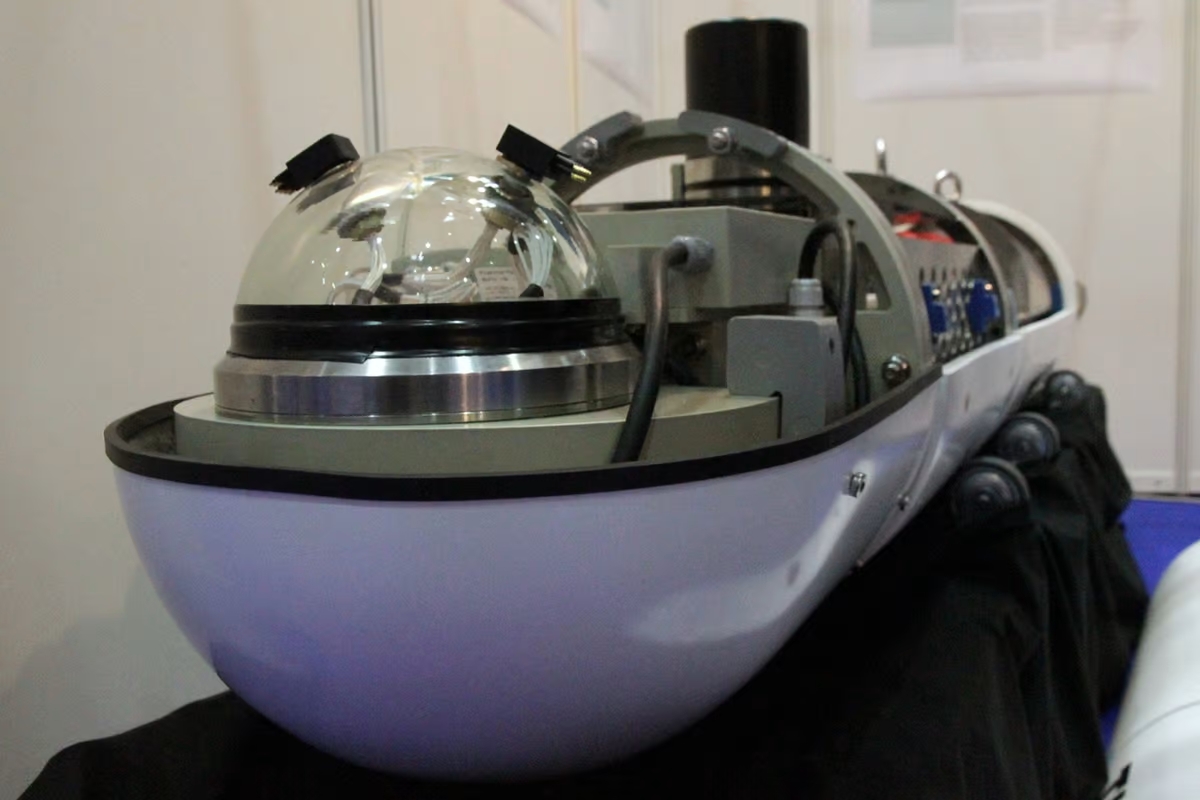
Reliable, affordable fuel cells have come not one but three steps closer to reality this week, with announcements from two research institutions regarding advances in the field.
If the reported developments make their way into production, we could be seeing fuel cells that use more abundant, less expensive fuels and building materials, that are more consistent in their electricity production, and that have a lower operating temperature.
Along with his colleagues from Harvard University’s School of Engineering and Applied Sciences, Shriram Ramanathan has created all-ceramic thin-film solid-oxide fuel cells (SOFCs) that don’t contain any platinum. Traditionally, SOFCs require platinum-coated electrodes, which can be both expensive and unreliable – “If you use porous metal electrodes, they tend to be inherently unstable over long periods of time,” he explained. “They start to agglomerate and create open circuits in the fuel cells.”
In place of platinum, the solid oxides (ceramics) lanthanum strontium cobalt ferrite and yttria-stabilized zirconia were used.
The Harvard group has also created a micro-SOFC that draws its power from methane, and that has an operating temperature of less than 500 C (932 F). Traditionally, hydrogen has been the fuel source of choice for SOFCs, but methane is more abundant, cheaper, and requires less processing. Additionally, conventional SOFCs operate at a temperature of around 800 C (1,472 F). This limits their portability, requires them to be constructed from very heat-tolerant materials, and lengthens their start-up time.
“Low temperature is a holy grail in this field,” said Ramanathan. “If you can realize high-performance solid-oxide fuel cells that operate in the 300 C (572 F) range, you can use them in transportation vehicles and portable electronics, and with different types of fuels.”









